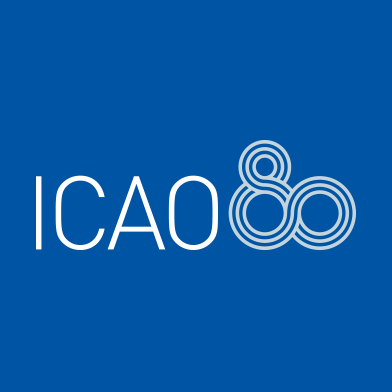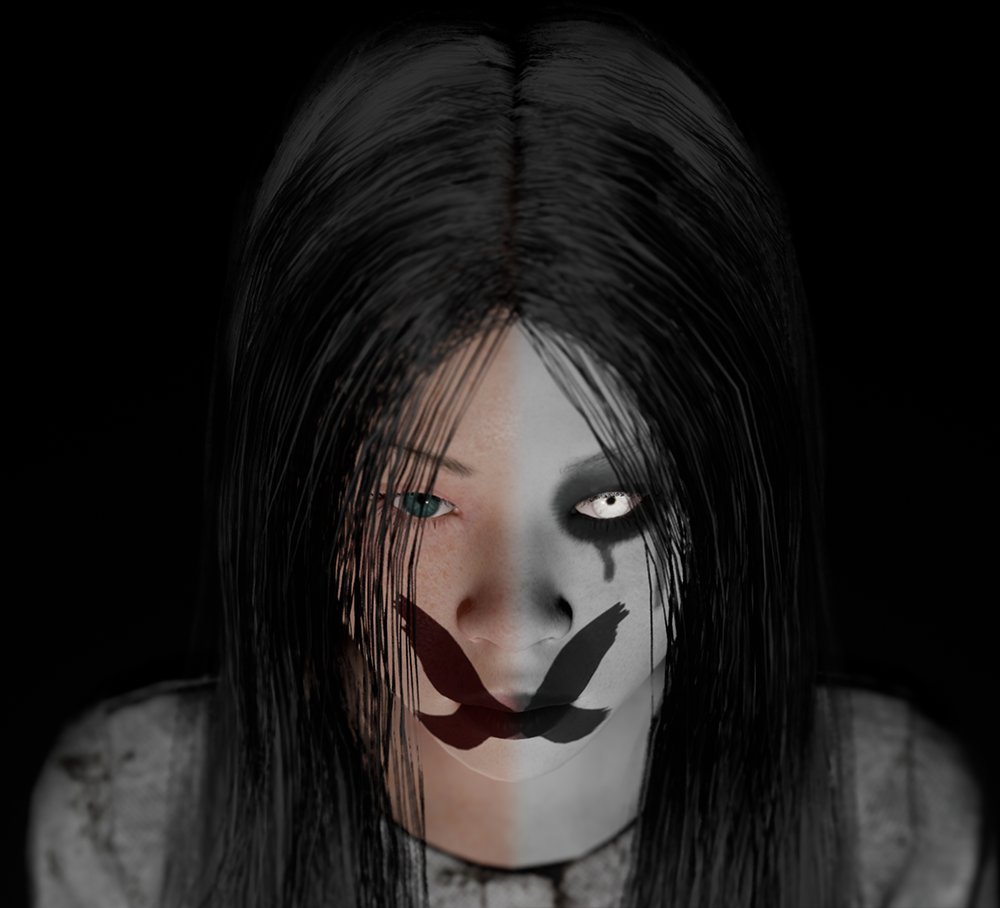
Joe Brummer
@JoeBrummer
Followers
4,387
Following
5,050
Media
212
Statuses
15,768
Speaker/Consultant/Author/Child Abuse Survivor/LGBTQ Hate Crime Survivor #Marillion Fan! The new book is available now. He/Him/His
Connecticut, USA
Joined March 2008
Don't wanna be here?
Send us removal request.
Explore trending content on Musk Viewer
#INDvNZ
• 120097 Tweets
Rohit
• 103632 Tweets
Kohli
• 83122 Tweets
STELLebration of WICKED Dreams
• 60448 Tweets
NASA BUTUAN SI OLBAP
• 51552 Tweets
New Zealand
• 50430 Tweets
ハヤヤッコ
• 44791 Tweets
#スパスタ3期
• 40117 Tweets
Almería
• 20258 Tweets
スナイパーの角度
• 14185 Tweets
ブルーインパルス
• 13562 Tweets
ハマスタ
• 12227 Tweets
筒香ホームラン
• 11198 Tweets
Last Seen Profiles
Pinned Tweet
How do you go about becoming a trauma-informed restorative educator?
@joebrummer
&
@ThorsborneMarg
's follow-up to the bestselling book on
#traumainformed
restorative education delves deeper into how you can develop your skills & join the movement.
0
4
6
2
2
13
I got banned this weekend by 2 consultants in education who are spewing super questionable stuff that I believe harms children. It turns out those same people riled up lots of us who do this work. There are lots of unapologetic disrupters our there!
#disruptersunite
14
12
86
In schools, restorative practices are less about repairing relationships and instead are more about building relationships worth repairing. You cannot restore something that never existed in the first place.
#restorativepractices
4
14
73
Finally getting through the stack of books I have been trying to read. Next up…..
@desautels_phd
8
2
70
This morning, I was emailed the final proof of book 2 before it goes to the printer. I co-authored this book with restorative justice pioneer
@ThorsborneMarg
. The amount of research and time we have poured into this book was worth it. It looks amazing!
13
9
63
I used to say I was the product of trauma and child abuse. Now I know I am the product of post-traumatic growth. It’s a journey. It’s a process of grieving, healing, grieving more, and quieting the chatter inside your head. Someday, it will be a sense of peaceand wisdom.
#Hope
2
4
55
I have been working on my next book and I keep pulling out books from the shelf to quote or reference and then leaving them on the floor next to my desk. It is getting out of hand...😆
@desautels_phd
@BDPerry
@LJPBooks
@SporLin
@DrStaceyPatton
@educationhall
16
3
52
@RogersHistory
In the same way our current culture is making it difficult for educators to do their jobs, our current economies are making it hard for parents to do their's. It is showing up in our children's behaviors. Working parents are struggling to be parents and "employees"...
2
1
44
Having Dr. Miguel Cardona as Sec. of Ed is such a win for Trauma-informed Schools, student voice, and Restorative Practices. Best yet, he is an educator!!
@teachcardona
#traumainformed
#restorativepractices
#RestorativeJustice
1
4
45
More evidence that student behavior has a basis in mental health, trauma, and environmental settings. You're never going to punish your way out of this. Punitive consequences will only make it worse. There is much hope in the restorative, trauma-informed approach!
2
12
43
@sarahwads
@DudeAdhd
I know little about this
@tombennett71
person or what he does. I saw this slide and hoped it is some sort of parody. With exception of the last one which too general, all of those have plenty of evidence. and all are gross oversimplified statements of complex issues.
7
6
44
This is brilliant!! Trauma-informed Restorative Justice fits in the Relational/Developmental column.
#RAPhartford
@AUK_Schools
@TheKeyTrauma
I’ve spent long hours pondering why people think what they think about how to respond to children’s
#behaviour
- came up with this as a map!
9
56
119
2
15
42
@realDonaldTrump
I really want a president so busy saving lives from this virus, he doesn’t have time for Twitter.
2
1
37
@TGrivoisShah
@AlexSVenet
This whole conversation is based on some mythical idea that those practicing PBIS are doing the same things. Rewards are one small part of PBIS, yet they are all I hear mentioned with it. I have also NEVER seen PBIS implemented and run with any fidelity.
2
0
36
This tweet and most of its responses shows me how far we need to go to get schools to be trauma-informed. This hyper-individualistic "pull yourself up with your bootstraps" messaging is unhelpful for kids. Teach them about their support system rather than a self-blame system.
4
7
33
What is collective trauma? It is when you put 80% of the population of humans on earth in survival mode at the same time. Fight, flight, freeze, faint. Millions of people with dysregulated nervous systems trying to function best they can.
#bekind
#traumainformed
0
11
31
Started this yesterday and really haven’t put it down. Along with
@BDPerry
‘s Born for love and
@DrGaborMate
’s Myth of Normal are painting a clear picture that our current culture isn’t fit to develop healthy humans. It is toxic.
1
3
26
Circles work!
Restorative Circle on the playground. 4th graders were able to express what they want from their peers during recess time. Creating a community where students voice matter.
@corinne_barney
@HartfordSuper
@Ms_Zanghi
1
4
10
3
4
27
I will be presenting on Wednesday at the Creating Trauma-Sensitive Schools Conference
#TSS2021ATN
. Come learn about my new book and a unique way to be sure our restorative practices are based in a trauma-informed lens.
1
8
25
@realDonaldTrump
Stop slamming your fellow candidates and tell us your plans for healthcare in detail. Tell us about YOU not them.
6
7
21
The new book, Becoming a Trauma Informed Restorative Educator is due out June 21st. Here is an early review. W/
@ThorsborneMarg
2
2
24
When a conference happens during pride. Celebrate pride at the conference. Feeling seen and celebrated. Thank you, TIEN.
#tienetwork2022
0
2
22



































































